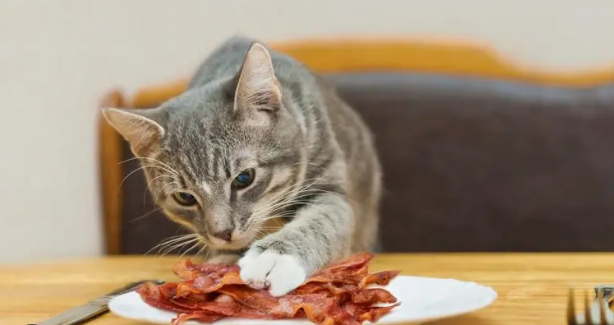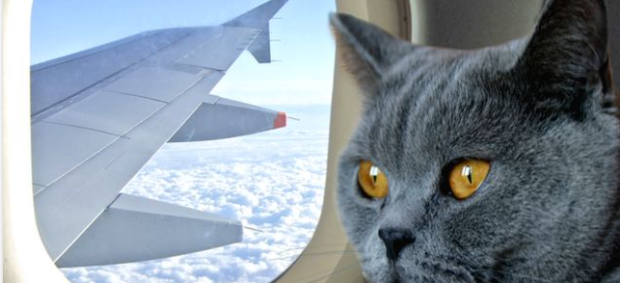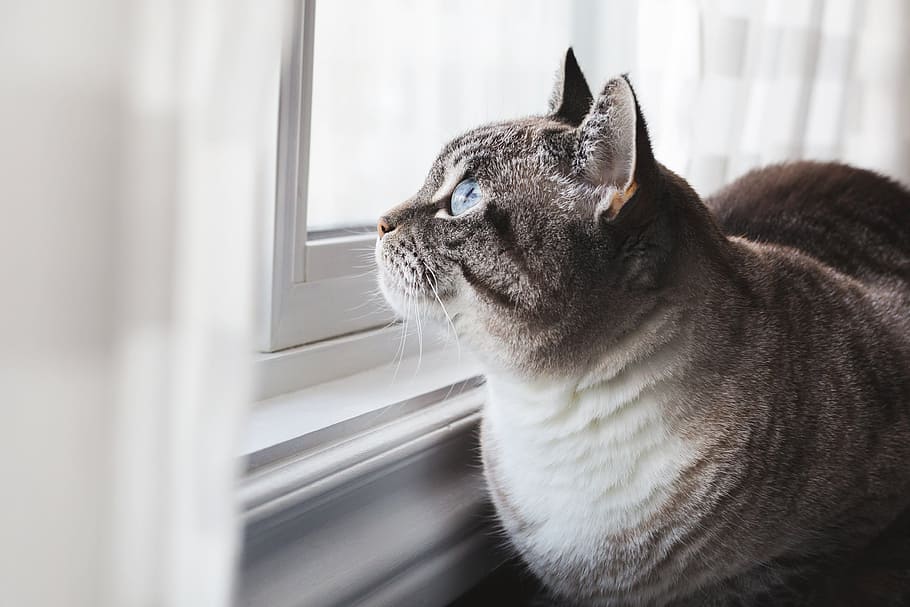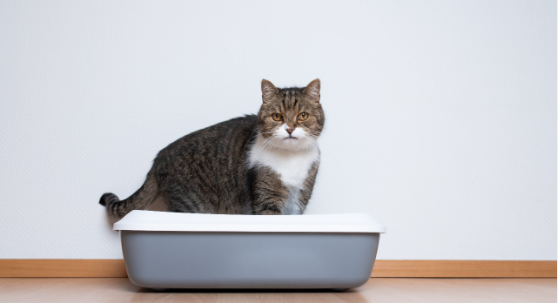Can Cats Have Bacon?
Cats are known for their finicky eating habits and can be quite selective in what they eat. Bacon, on the other hand, is a popular food item among humans and is often enjoyed as a breakfast staple or added to dishes for an extra dose of flavour.
The question arises: Can cats have bacon? While cats may be curious about the smell and taste of bacon, it is crucial to consider their nutritional needs before feeding them any human food.
Definition of Bacon:
Bacon is a type of salt-cured meat that is typically made from pork belly or back cuts. It can be consumed on its own, added to sandwiches or burgers, or used as an ingredient in various recipes. Bacon is often smoked for additional flavor and can come in different varieties such as turkey bacon or Canadian bacon.
The Popularity of Bacon among Humans:
Bacon has gained immense popularity among humans due to its savory taste and crispy texture. It has become a staple food item in many households across the world and can be found on menus at restaurants ranging from fast-food chains to high-end eateries. In recent years, there has been an increased interest in incorporating bacon into unconventional dishes such as desserts or cocktails.
The question: Can Cats have Bacon?
While cats may show interest in the smell and taste of bacon due to their carnivorous nature, it raises the question of whether it’s safe for them to consume. As cat owners, it’s essential to consider what our feline companions eat as their nutritional needs differ from ours. Before feeding your cat any human food items such as bacon, it’s essential to understand the potential risks associated with it and look for alternative treats that cater specifically to your cat’s dietary needs.
Nutritional Needs of Cats
Cats are obligate carnivores, meaning they require protein as the foundation of their diet. This is unlike dogs and humans, who are omnivores and can thrive on a variety of nutrient sources. Proteins from animal sources contain all the essential amino acids that cats need to maintain good health.
In addition to protein, cats also have a high requirement for fat in their diet to provide energy and support healthy skin and coats. Fat also helps in the absorption of fat-soluble vitamins such as A, D, E, and K.
Protein Requirements for Cats
Protein is a key nutrient for cats because it provides essential amino acids required for building muscle mass, maintaining healthy skin and coat, supporting immune function, and promoting reproductive health. The AAFCO (Association of American Feed Control Officials) recommends at least 26% crude protein for adult maintenance diets in cats. Growing kittens require an even higher percentage of protein to support their rapidly developing bodies.
Fat Requirements for Cats
Fat is another important nutrient that plays a crucial role in a cat’s overall health. Cats require about two to three times more dietary fat than dogs do per unit of body weight to meet their energy needs.
The AAFCO recommends at least 9% crude fat in adult maintenance diets for cats. Fats are also important because they provide insulation which protects organs from trauma.
Nutritional Value of Bacon
Bacon is high in both protein and fat content which makes it appealing as a treat or addition to your cat’s diet. However, bacon should not be considered a nutritional supplement or main component of your cat’s meal due to its high salt content that can lead to dehydration among other issues if consumed regularly by your pet. It is important always prioritize feeding your cats with commercially available cat food that has been formulated to meet all the nutritional requirements of your cat.
Health Risks Associated with Feeding Bacon to Cats
While bacon may seem like a tasty treat for cats, it can actually be quite harmful to their health. There are several risks associated with feeding bacon to cats, including the high sodium content, high-fat content, and risk of pancreatitis.
High Sodium Content in Bacon
One of the biggest risks associated with feeding bacon to cats is the high sodium content. Bacon is incredibly salty, and this can lead to a number of health problems in cats. Sodium is important for many bodily functions, but too much sodium can lead to dehydration and electrolyte imbalances.
In addition to these issues, a diet that is high in sodium can also increase a cat’s risk of developing hypertension or high blood pressure. This can lead to more serious health problems down the line, such as heart disease or kidney damage.
High Fat Content in Bacon
Another major risk associated with feeding bacon to cats is the high-fat content. While cats do need some fat in their diets for energy and other bodily functions, too much fat can be harmful.
Bacon contains a lot of saturated fat which has been linked to heart disease and obesity in humans. In cats, a diet that is too high in fat can lead to pancreatitis – an inflammation of the pancreas that can be very painful and potentially life-threatening.
Risk of Pancreatitis in Cats
Pancreatitis is one of the most serious risks associated with feeding bacon (and other fatty foods) to cats. This condition occurs when there is inflammation of the pancreas caused by an overreaction of digestive enzymes.
In severe cases, pancreatitis can cause damage to other organs including the liver and kidneys – leading eventually potentially fatal organ failure. The symptoms of pancreatitis include vomiting, diarrhea, fever, abdominal pain loss of appetite and more.
If your cat is showing any of these symptoms, you should take them to a veterinarian immediately. Overall, while bacon may seem like a tempting treat for your feline friend, it’s best to avoid feeding it to them.
Instead, opt for healthier treats that are specifically designed for cats or make your own homemade cat treats. By doing so you can help keep your cat healthy and happy for years to come.
Alternatives to Feeding Bacon to Cats
Commercially Available Cat Treats
While bacon may not be the best choice for a cat’s diet, there are plenty of commercially available cat treats that you can purchase instead. These treats are made specifically for cats and are formulated to meet their nutritional needs.
Look for treats that are high in protein and low in fat, with no added salt or sugar. Some popular brands of cat treats include Temptations, Greenies, and Purina Pro Plan.
These treats come in a variety of flavors and textures, so you’re sure to find something your cat will love. Just be careful not to overfeed your cat with these treats, as too many can lead to weight gain and other health problems.
Homemade Cat Treats
If you’re feeling creative in the kitchen, you can also make your own cat treats at home. This allows you to control exactly what goes into the treatment and tailor it to your cat’s specific tastes and dietary needs.
Some simple recipes for homemade cat treats include tuna bites, chicken jerky, and salmon puffs. When making homemade cat treats, it’s important to use high-quality ingredients that are safe for cats.
Avoid any ingredients that are toxic or harmful to cats, such as onions or garlic. Also, be sure not to overfeed your cat with these homemade treats – they should still only make up a small portion of their overall diet.
Human Foods That Are Safe for Cats
If you’re looking for a human food alternative to bacon that is safe for cats, there are several options you can consider. Some human foods that are safe for cats include cooked chicken or turkey (without any seasoning), canned tuna (in water), cooked eggs (scrambled or boiled), and small amounts of plain yogurt. However, it’s important to remember that even though these foods are safe for cats, they should still only make up a small portion of their overall diet.
Cats have specific nutritional needs that may not be met by a human food diet alone. It’s always best to consult with your veterinarian before making any significant changes to your cat’s diet.
Conclusion
A Recap on the Question: Can cats have bacon?
While your cat may be interested in snacking on a piece of bacon, it is not recommended. Bacon has a high-fat content and is high in sodium, which can lead to health problems in cats.
Additionally, there are alternative treats available that are specifically designed for cats and provide the necessary nutrients without the added risks associated with feeding human food. It is important to remember that your cat’s nutritional needs are different from your own.
A balanced diet for a cat consists of high-quality protein sources, fats, carbohydrates, vitamins and minerals. Feeding your cat a diet that meets these requirements can help prevent health problems such as obesity or diabetes.
Final Thoughts on Feeding Your Cat a Healthy Diet
Feeding your cat a healthy diet is essential to their overall well-being. While it may be tempting to share your own food with them, it’s important to recognize that their nutritional needs are different from yours. Providing them with high-quality commercial food or homemade treats made specifically for cats can ensure they get all the nutrients they need without any added health risks.
Remember to always consult with your veterinarian when making changes to your cat’s diet or when introducing new foods. With proper nutrition and care, you can help ensure that your feline companion lives a long and healthy life by getting everything they need from their food sources.




